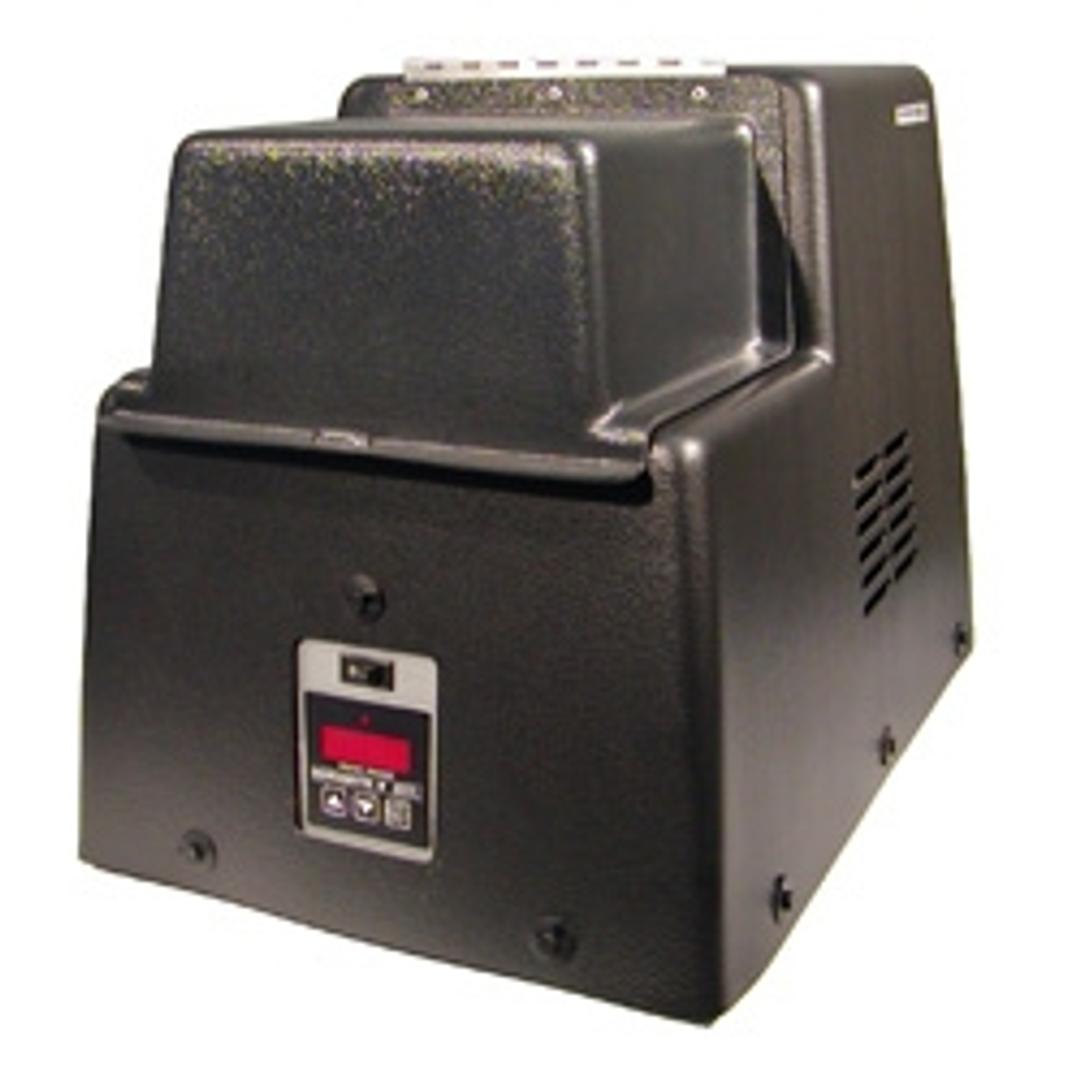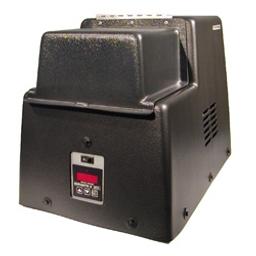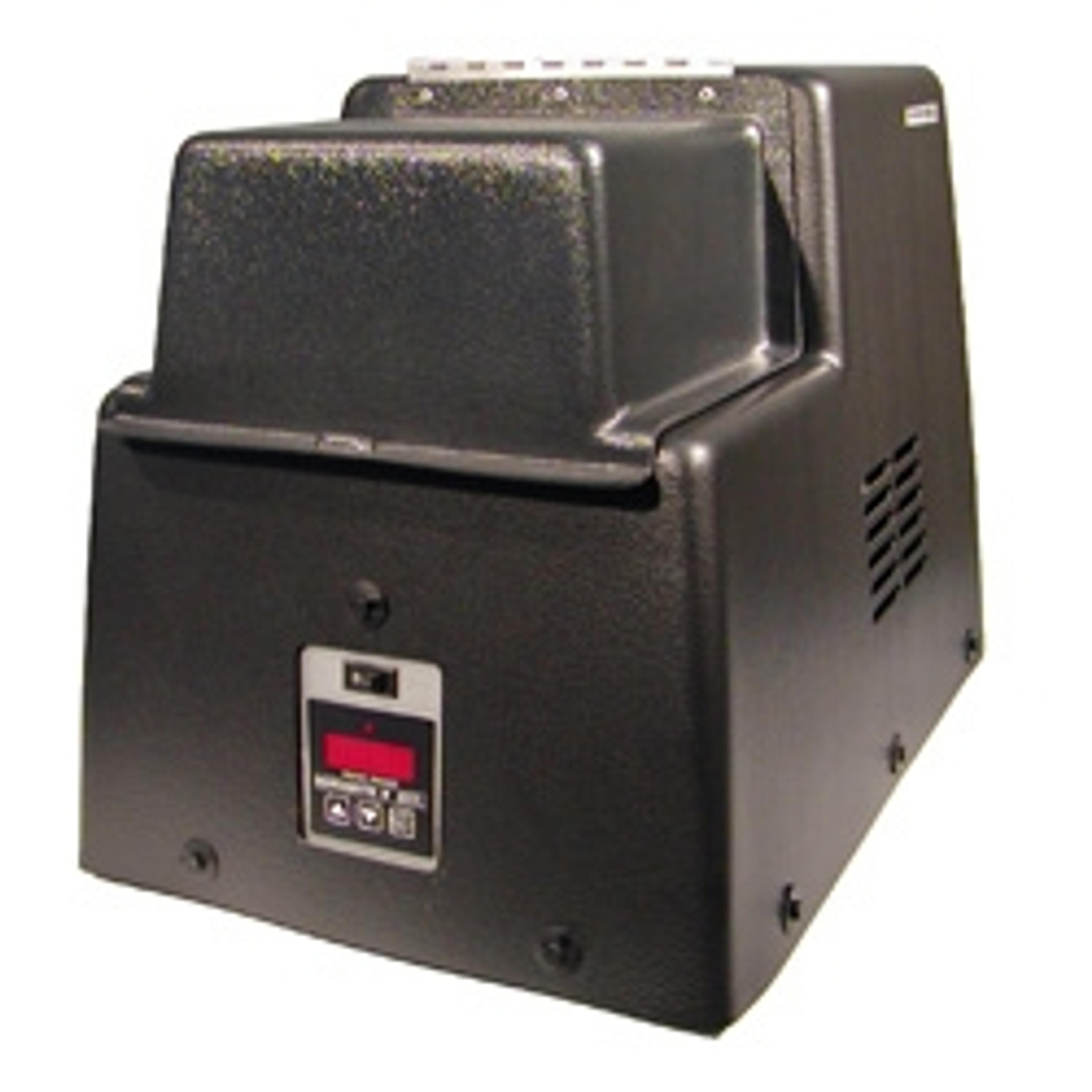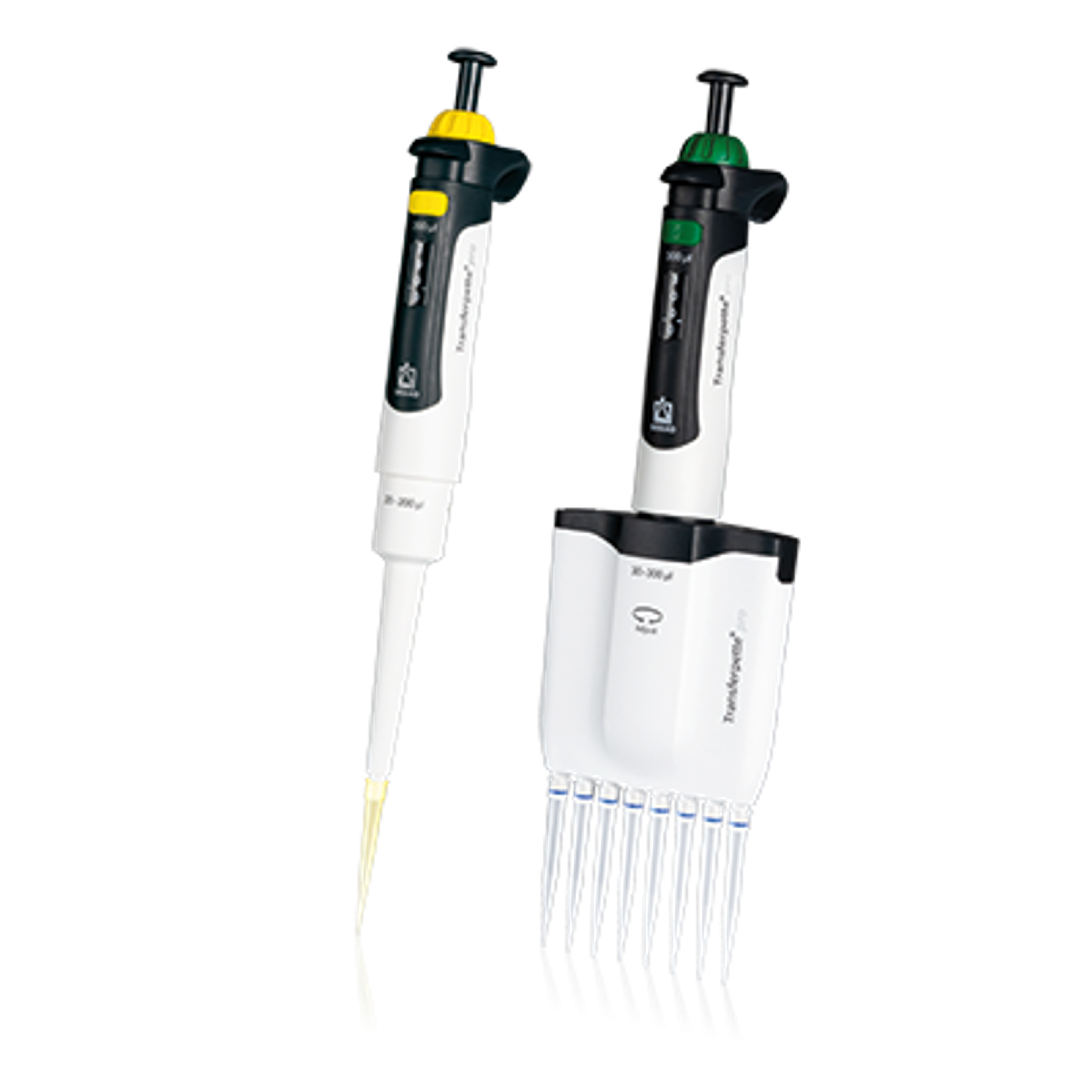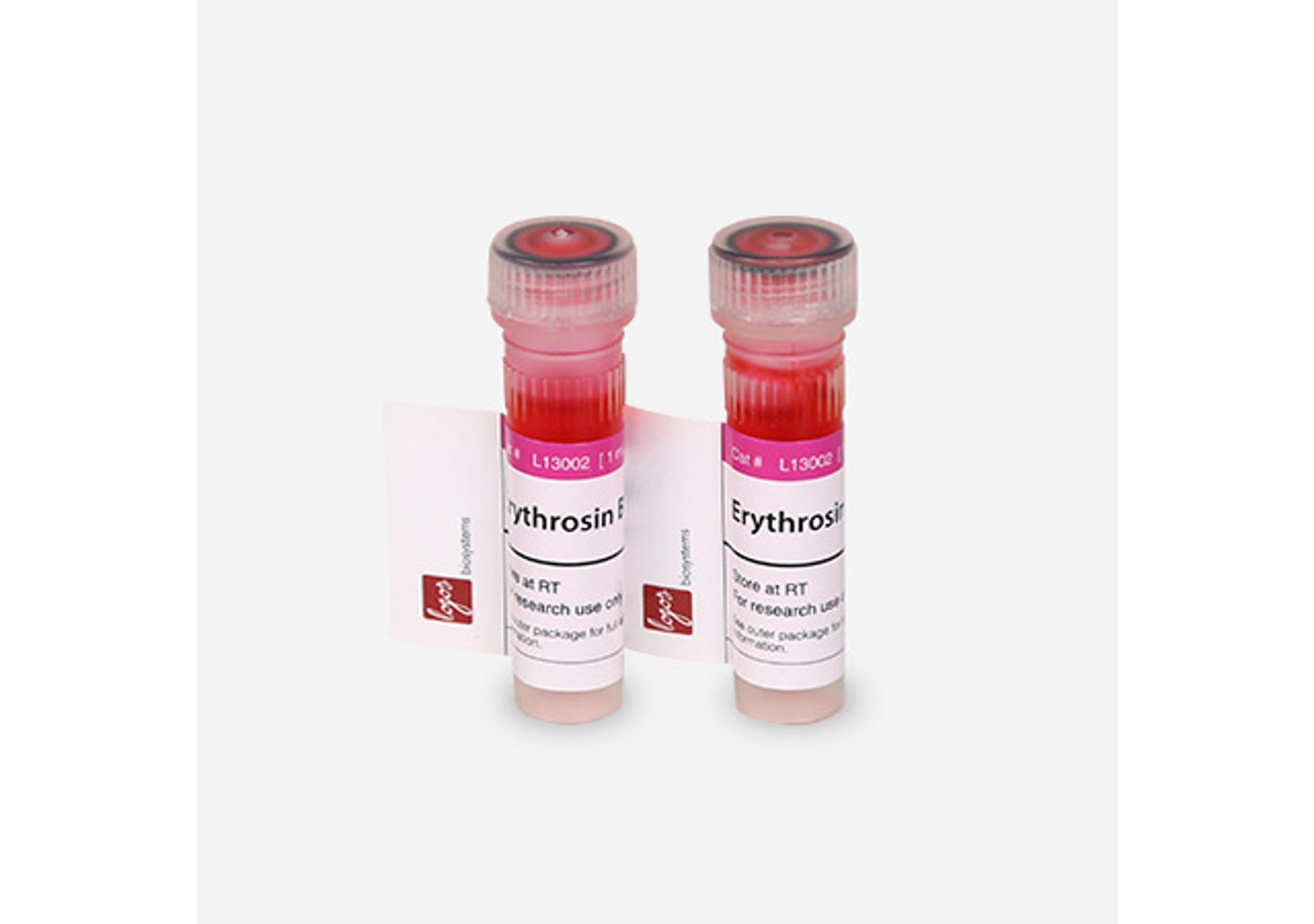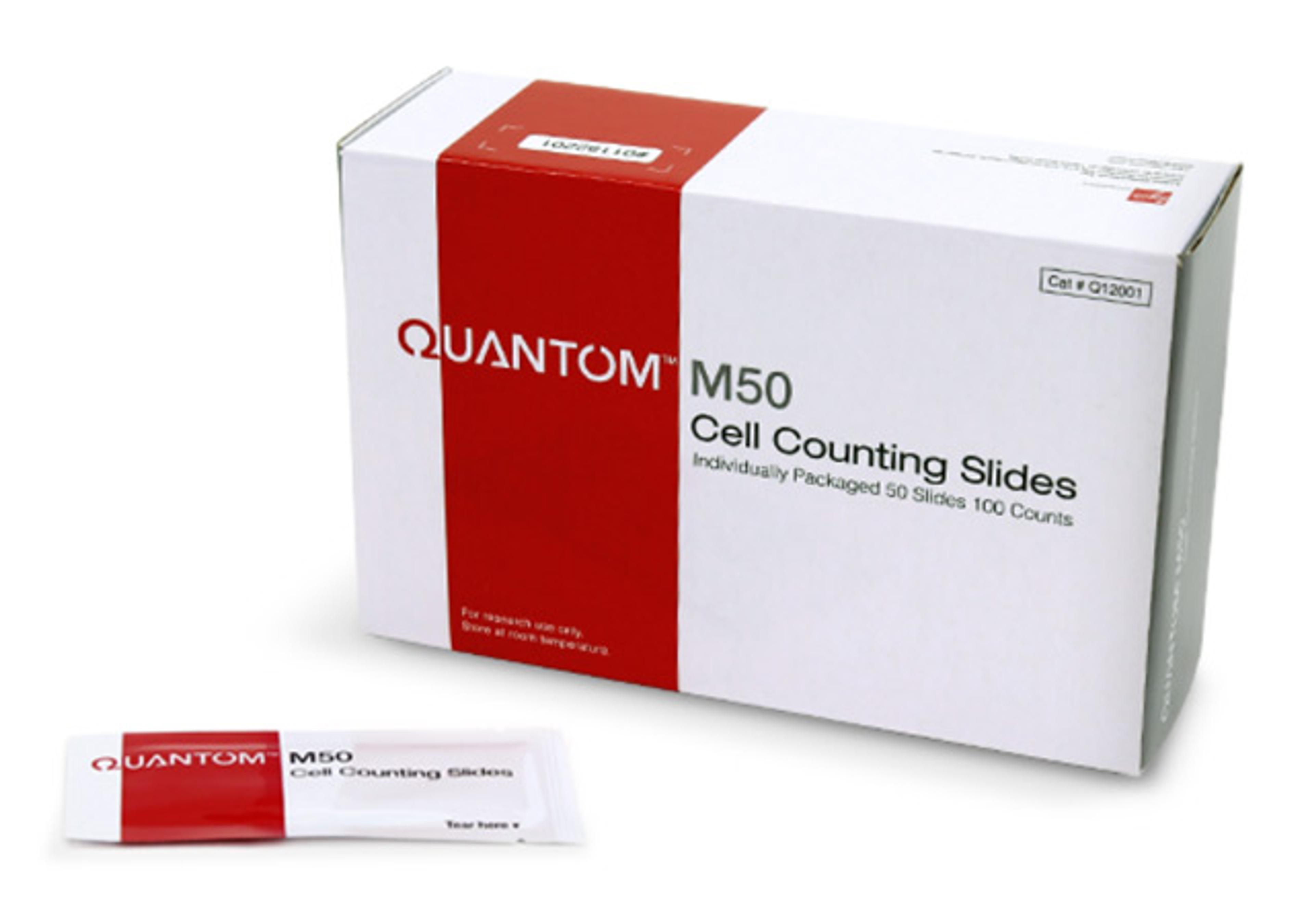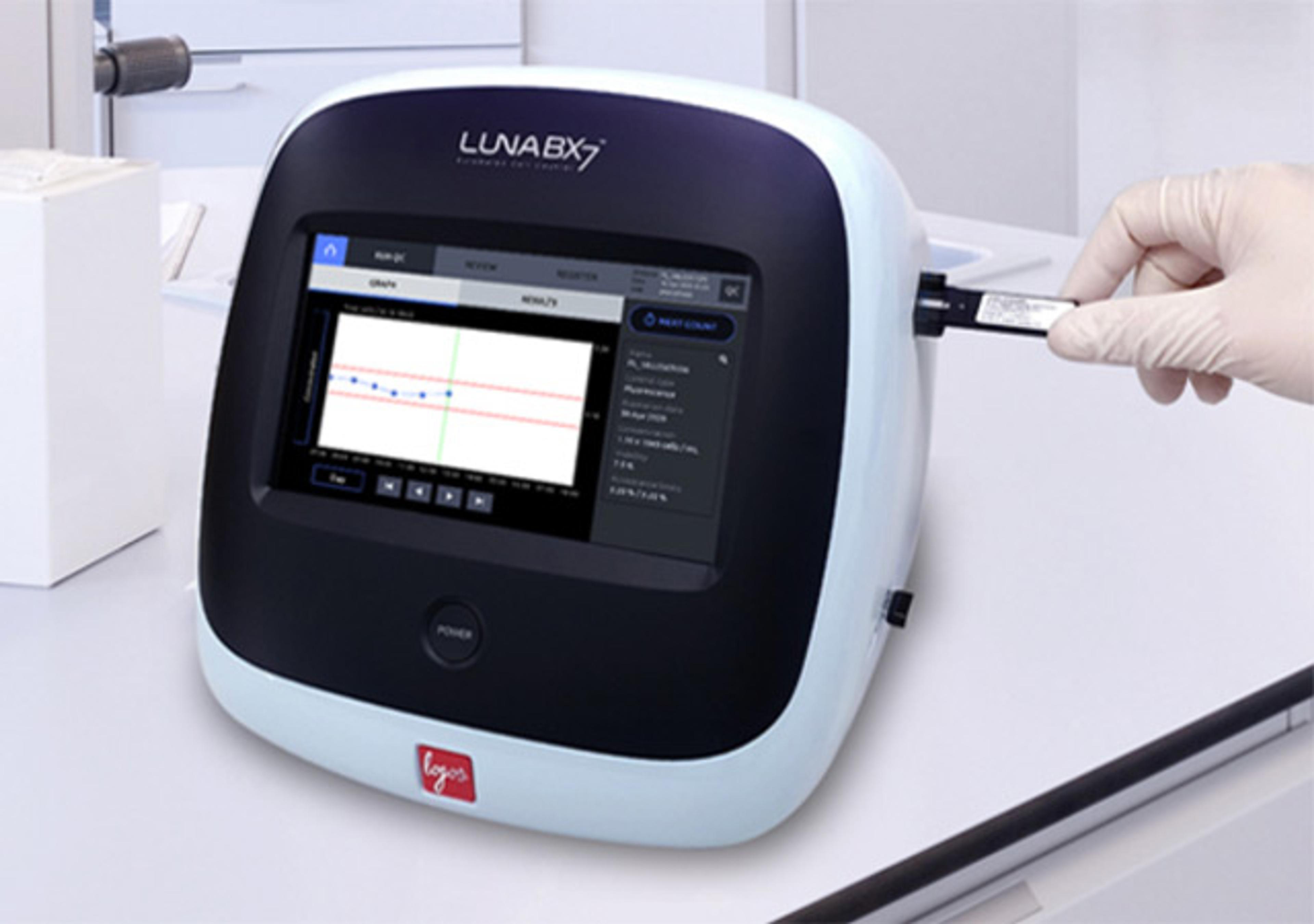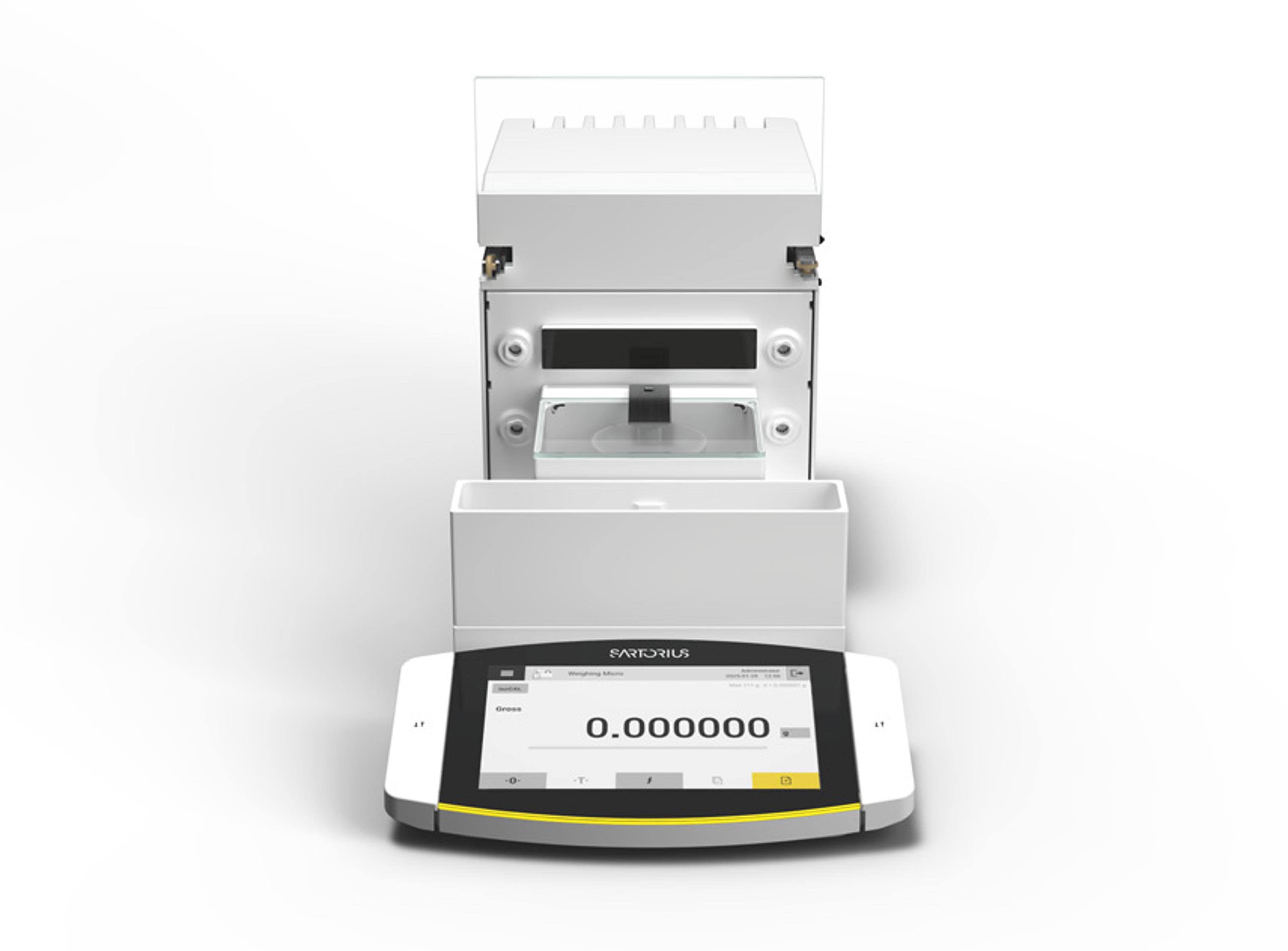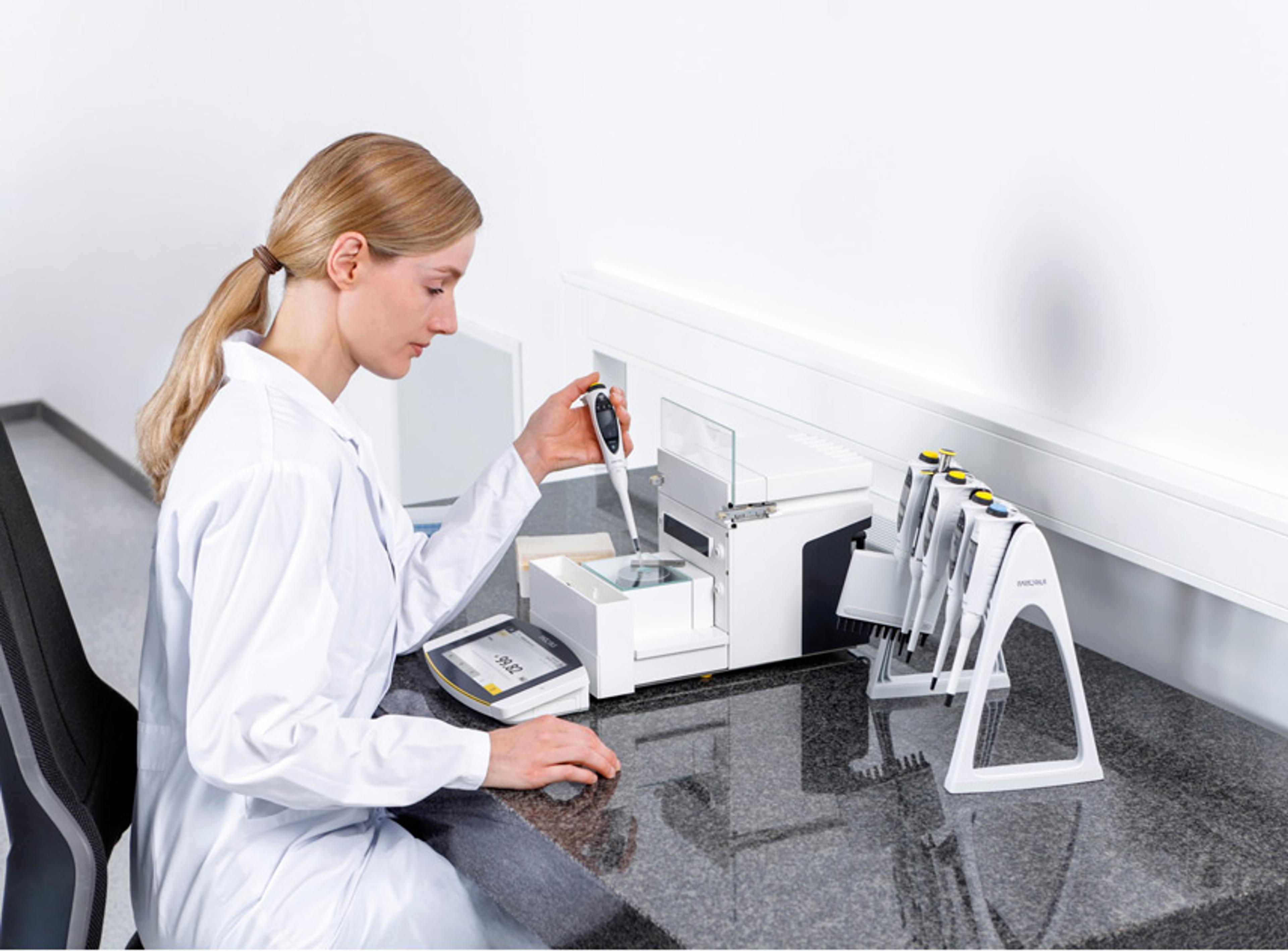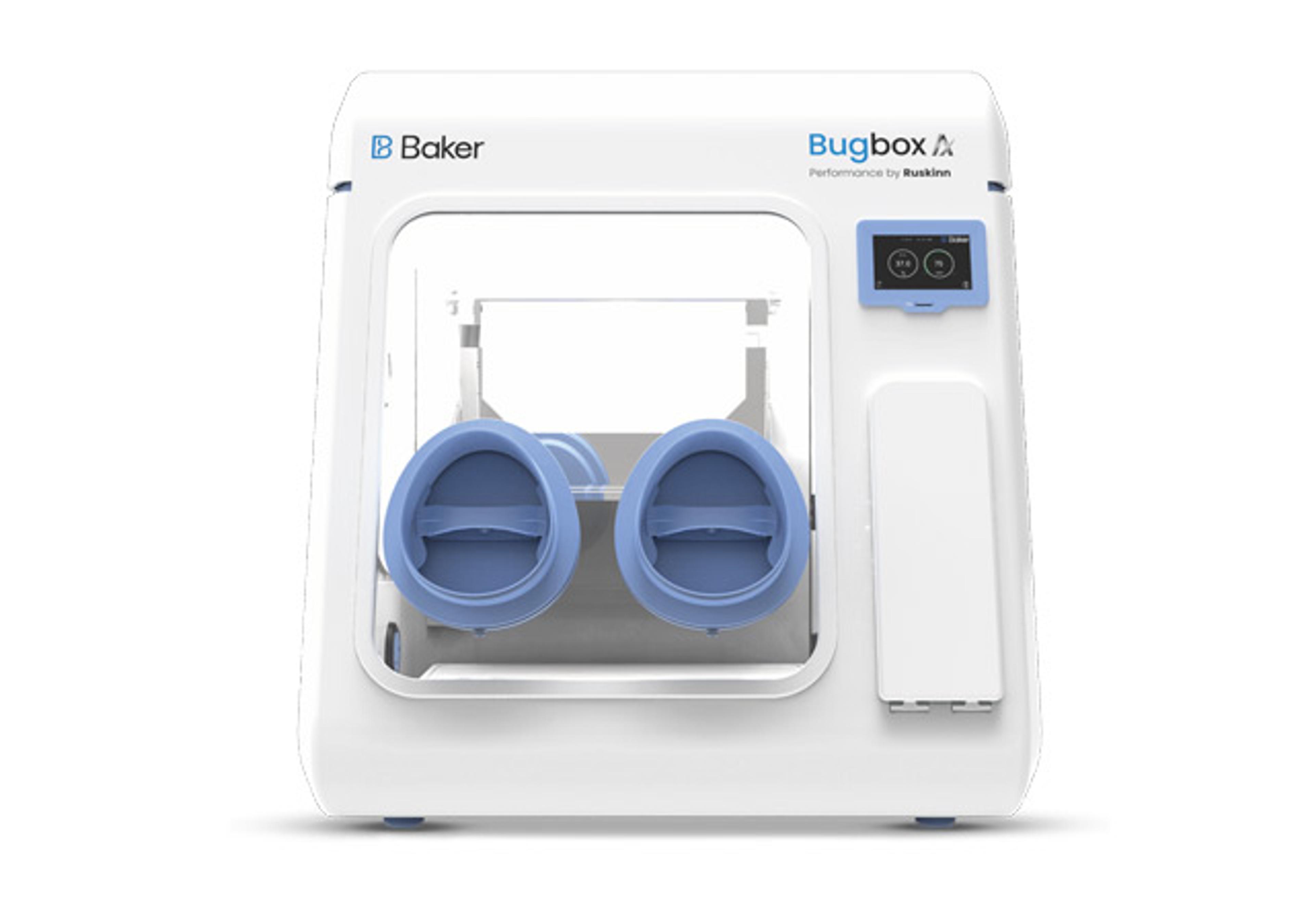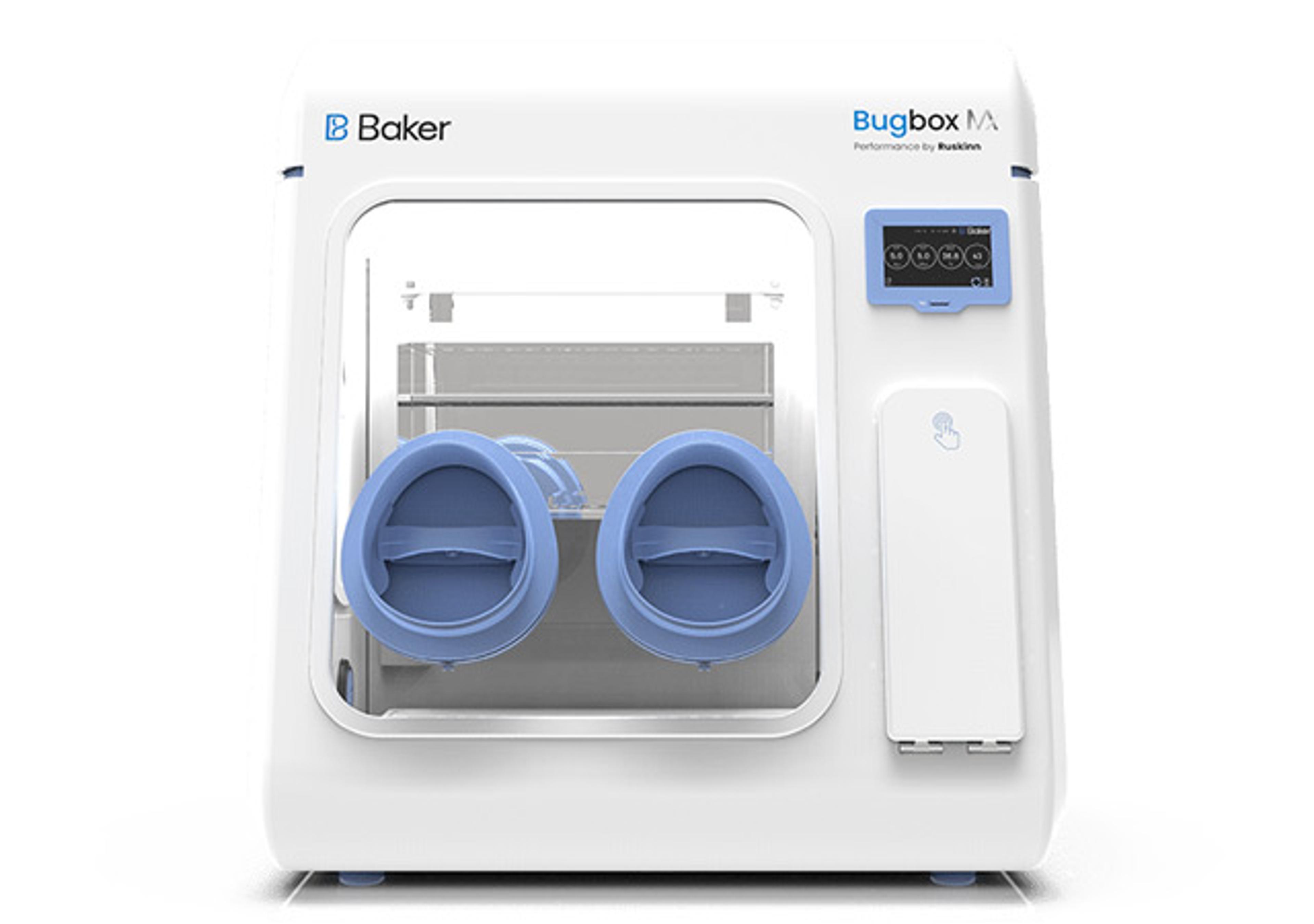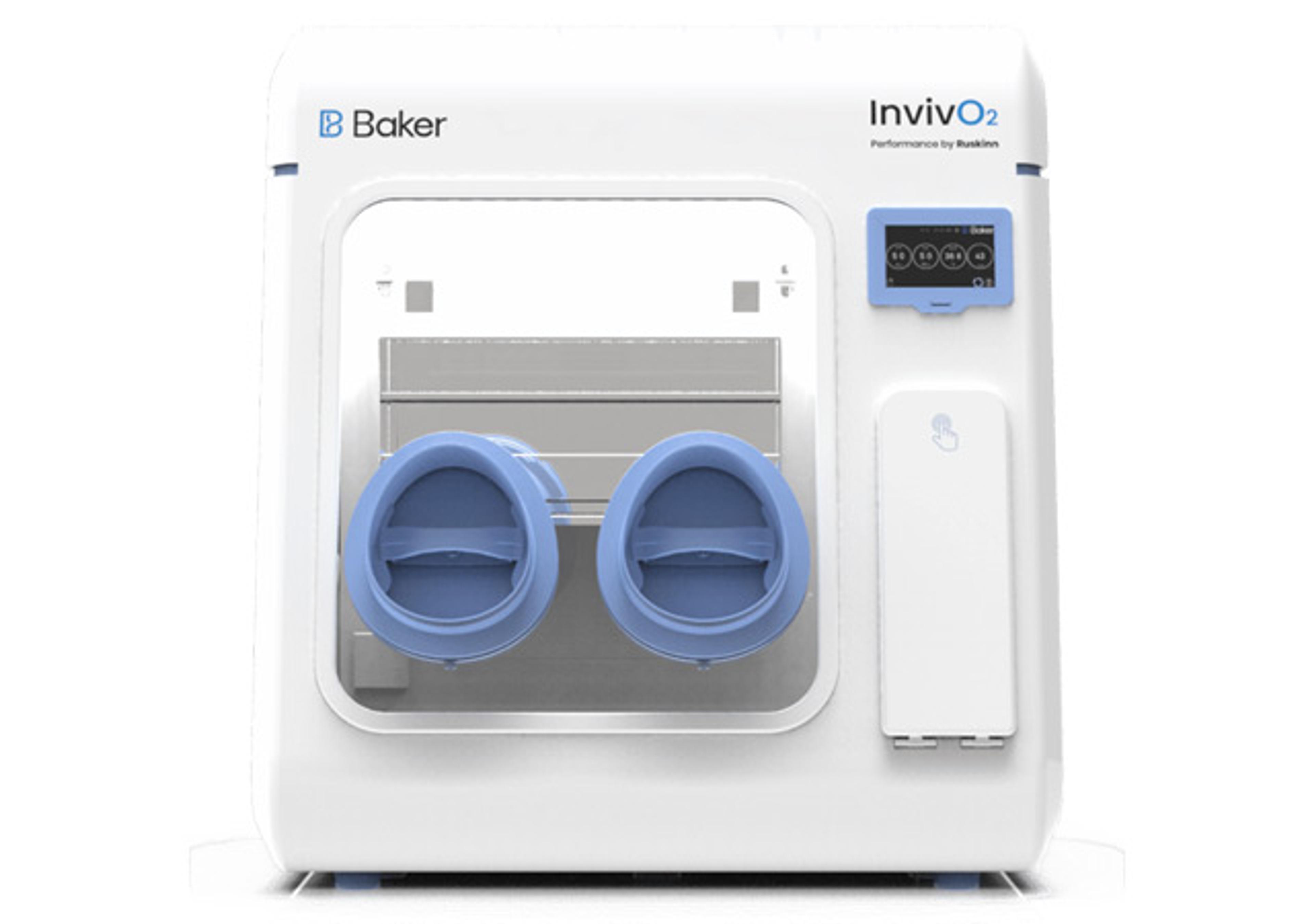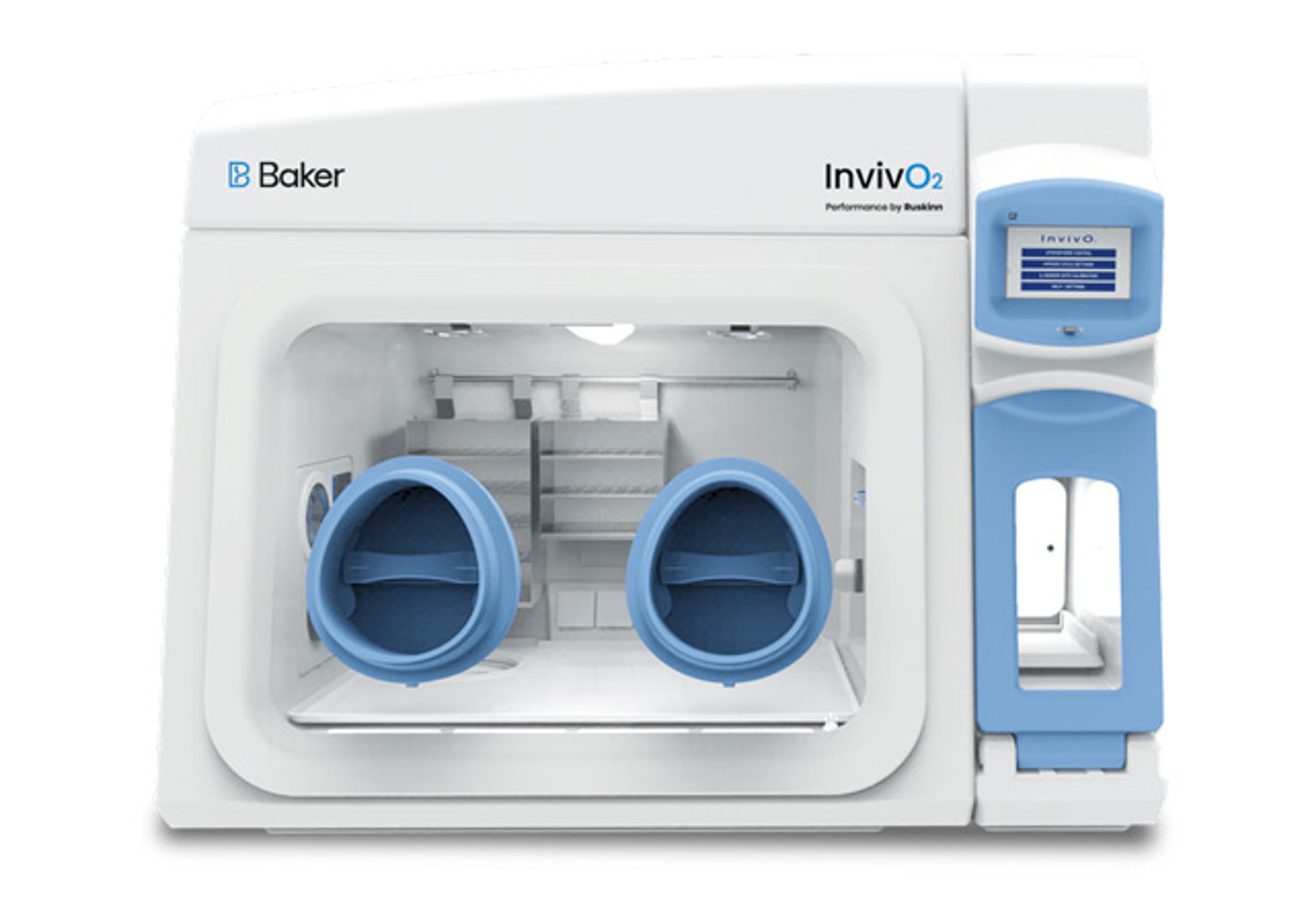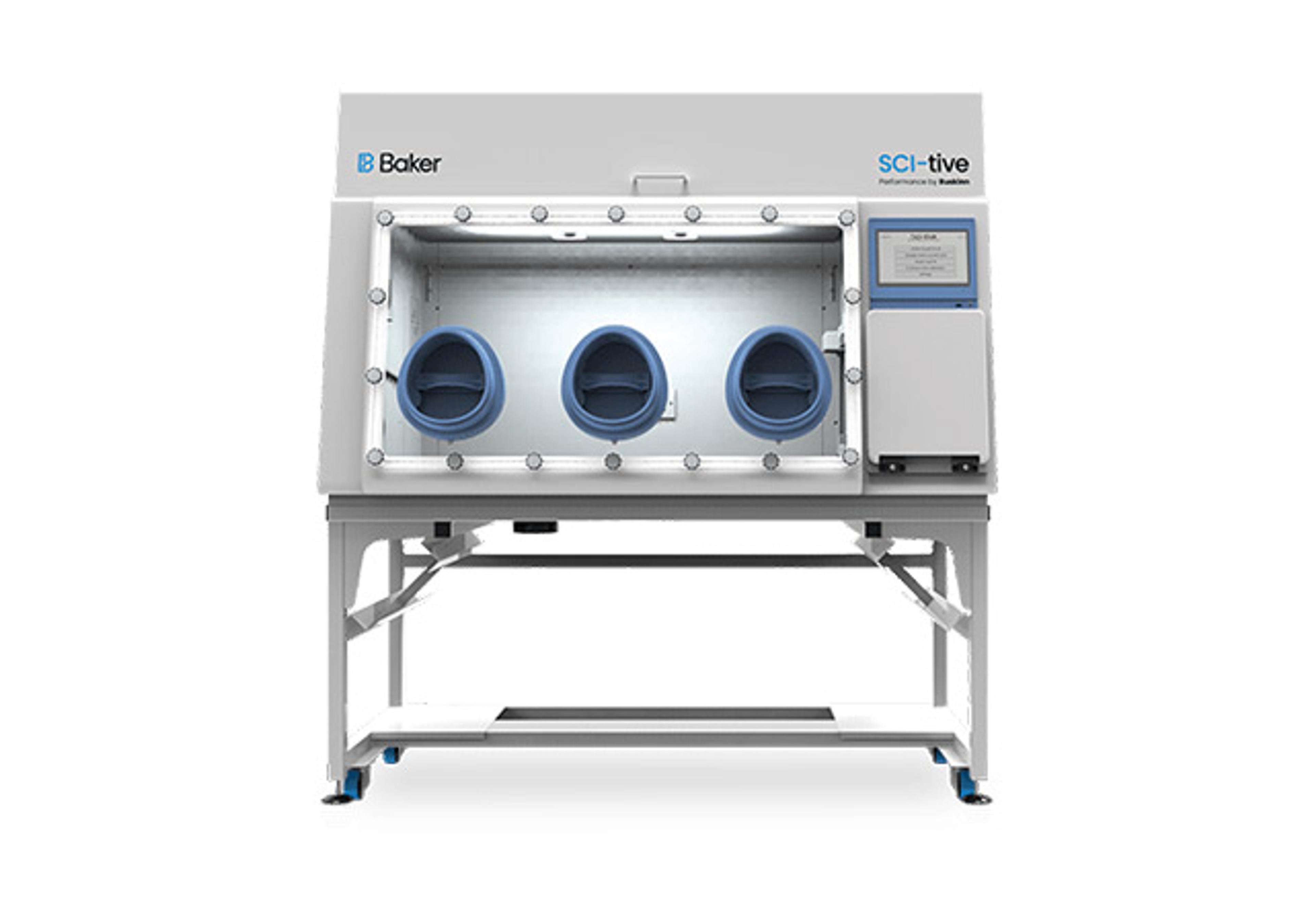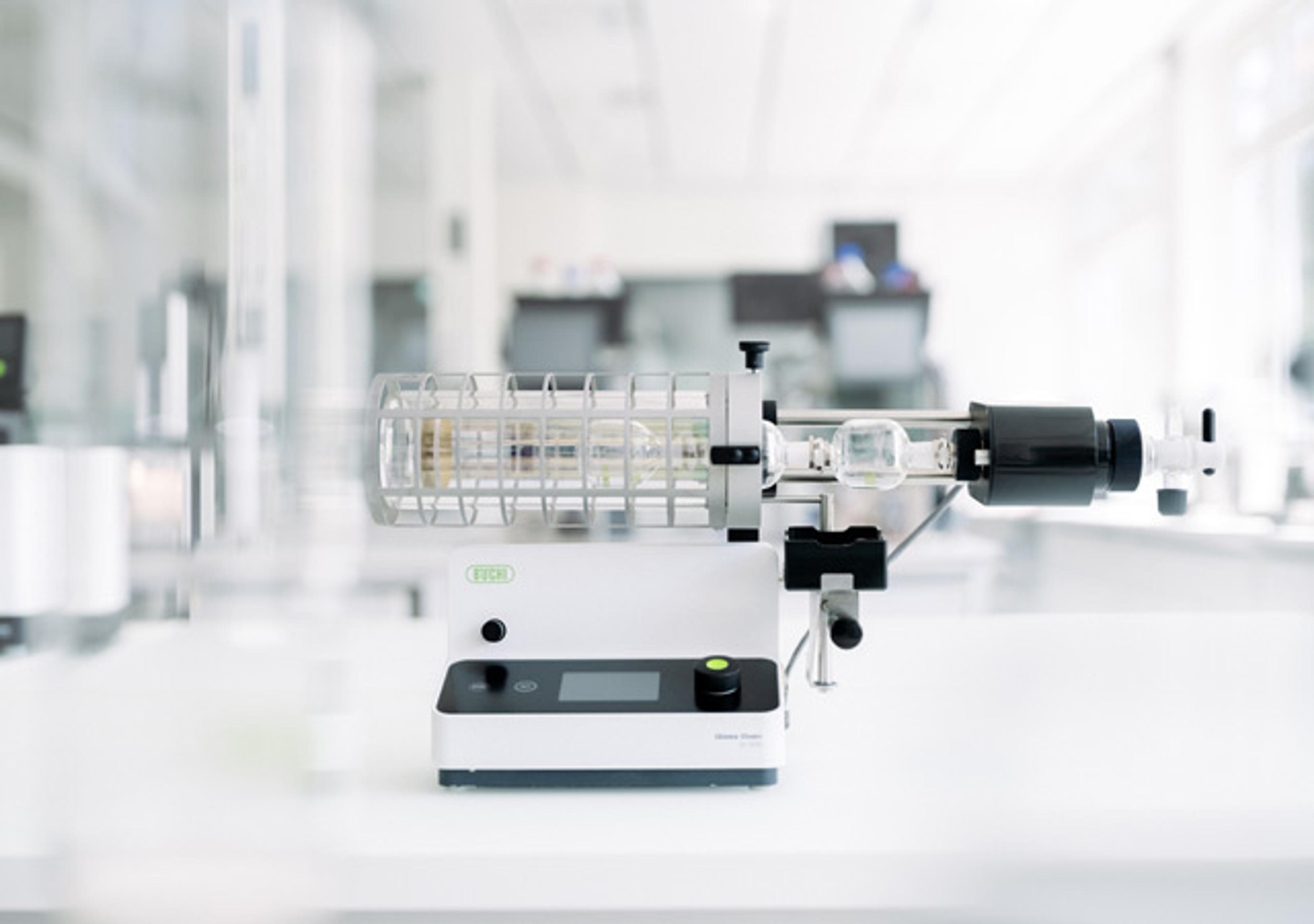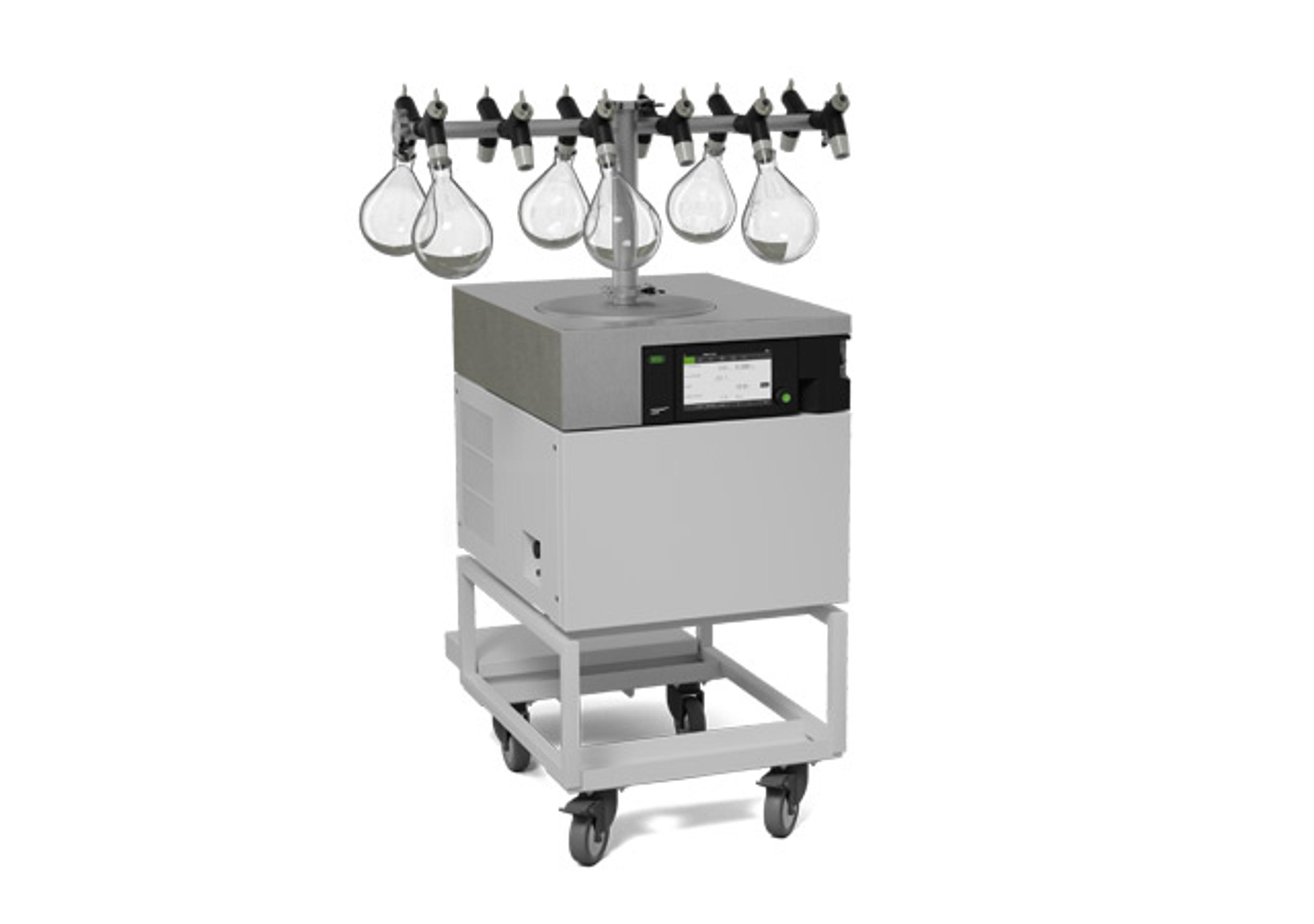Mini-Beadbeater-96
The Mini-Beadbeater-96 is high-energy, high-throughput cell disrupter. It can process one 2 ml deep well micro plate (96 samples), two 1 ml deep well microplates (192 samples) or, using a included 45 capacity polypropylene microvial rack, 0.6, 1.5 or 2 ml microvials. In a busy day thousands of samples can be processed.

The supplier does not provide quotations for this product through SelectScience. You can search for similar products in our Product Directory.
Break-proof, long lasting machine. Easy to maintain and great after service.
Cell and tissue disruption
It provides you with powerful, high-throughput (up to 96 samples) disruption of tissues. I don't regret buying this machine since it requires little maintenance. It is also easily fixed because you get the parts by yourself. Their follow-up service is great, too.
Review Date: 2 Jan 2018 | BioSpec Products Inc.
The MiniBeadbeater-96 disrupts cells and tissue by violently shaking a sample inside a classic 2 ml microvial or standard deep well microplate partially filled with tiny ceramic or steel beads. Complete cell disruption is achieved in 1 to 3 minutes of beadbeating. A common application is nucleic acid extraction. Up to 400 mg of tissue is added to a vial containing glass or ceramic beads and a nucleic acid extraction solution...the later often being purchased as part of a nucleic acid extraction kit. The synergy of simultaneous mechanical cell disruption and nucleic acid extraction in a chaotropic solution gives very high yields of high quality RNA or DNA. Most protocols developed using smaller capacity models of the MBB are transferable with little if any modification.
The MiniBeadbeater can also be used for dry grinding. In this application, ceramic or steel beads are added to to vials containing hard, dry samples such as hair, bone, teeth, seeds and minerals. Softer materials such as biological tissue, rubber or plastics can be powdered by first pre-freezing the sample to liq N2 temperatures (called Cryo-grinding). Powdered material can be safely dissolved in an organic solvent in BioSpec's XXTuff microvials, our stainless steel microvials or Porvair's reinforced microplates, simplifying recovery of organic analytes. A solid aluminum vial holder can be utilized to maintain cryogenic temperatures during beadbeating

